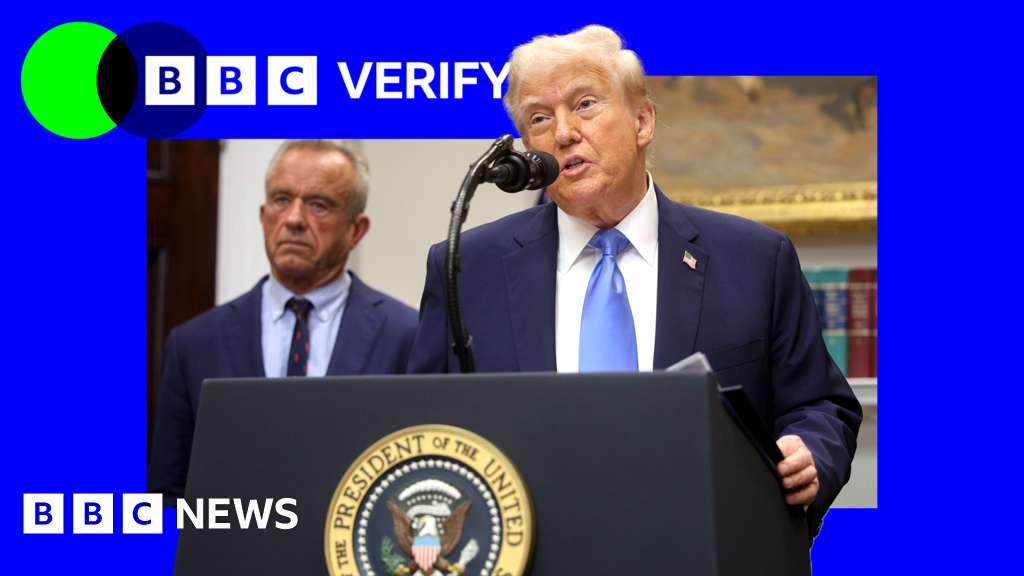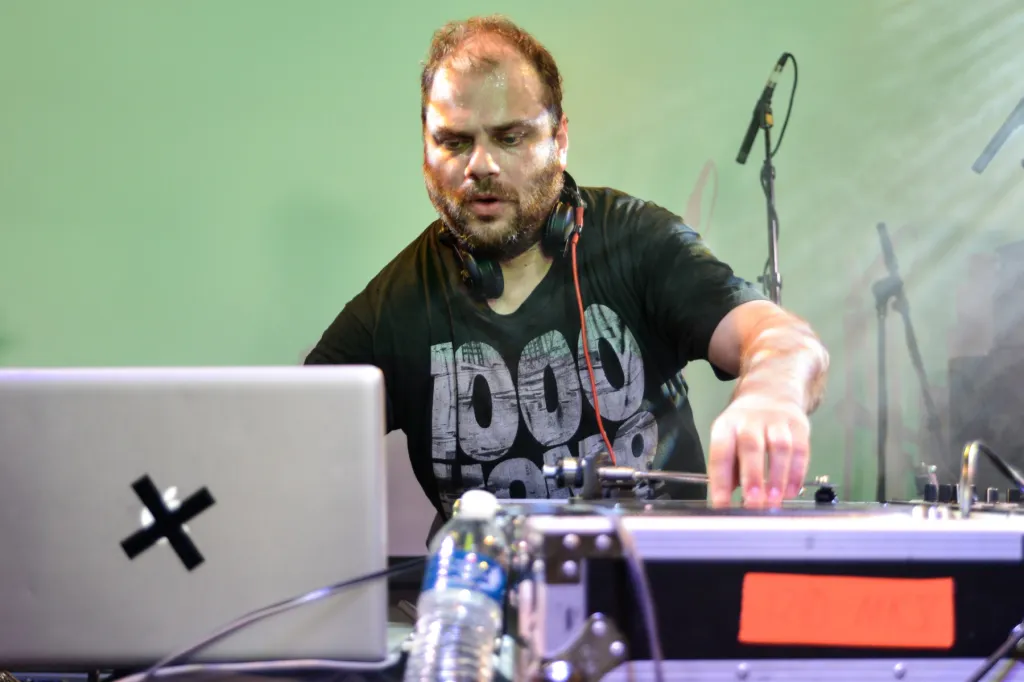By Matt Murphy, Kayleen Devlin And Lucy Gilder
Copyright bbc

Trump cited the Amish as a group within the US who have “virtually no autism” within their community.
The Amish typically live in remote communities and refuse to adopt many features of modern life, which can include a suspicion of modern pharmaceuticals. Trump suggested – without providing evidence – that a low rate of Tylenol use within the group could have led to a lower rate of autism.
There are relatively few studies on autism rates within the Amish community. Many children are diagnosed in school – but most Amish drop out of school after eight grade, around 14-years-old.
“I think it’s very very unlikely that there are no autistic people among the Amish,” Eva Loth, professor of cognitive neuroscience at King’s College London told BBC Verify.
“The question is how many population studies were carried out with the Amish? And are Amish people likely to seek a diagnosis? So there are a number of reasons why reported numbers may be low but that doesn’t mean that no cases exist.”
Trump makes unproven link between autism and TylenolWhat is autism and what are Trump’s unproven claims about a Tylenol link?Trust doctors over Trump on paracetamol, Streeting says
In one 2010 study, a team of geneticists found autism occurred in approximately one in 271 Amish children. The research screened 1,899 children across two large Amish communities in Ohio and Indiana.
However, it’s worth noting that research into this topic is limited, and we haven’t found any studies which suggest a link between low immunisation rates and autism diagnosis among Amish people.
Trump made a similar claim about low levels of autism in Cuba – claiming that Tylenol supplies are low on the island as the reason.
It’s not clear what President Trump was basing the assertion on. BBC Verify could find no official Cuban statistic and the World Health Organization (WHO) has noted that the “prevalence of autism in many low- and middle-income countries is unknown”.



